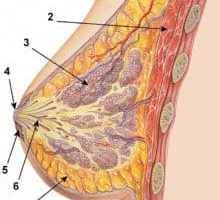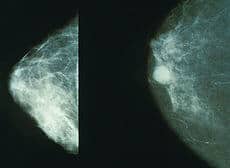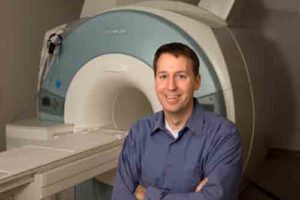Breast
Women advised to avoid ZEN bust-enhancing supplements because of possible cancer risk
Women who use bust-enhancing dietary supplements containing the mycoestrogen zearalenone (ZEN), a naturally occurring toxin that widely contaminates agricultural products, could be increasing their risk of breast cancer. That is the warning from breast…
Research advances breast reconstruction
Breast reconstruction surgery will become both safer and more realistic thanks to research led by Queensland University of Technology (QUT) in Brisbane, Australia.
Professor Dietmar W. Hutmacher from QUT’s Institute of Health and Biomedical Innovation…
Breast cancer survivors at higher risk for falls
St. Louis, MO, March 4, 2011 — The combined effects of chemotherapy and endocrine therapy may increase the risk of bone fractures in breast cancer survivors. In a study scheduled for publication in the April issue of the Archives of Physical Medic…
Student innovation at Rensselaer Polytechnic Institute could lead to better breast cancer screening
Troy, N.Y. — Recent research by doctoral student Sevan Goenezen holds the promise of becoming a powerful new weapon in the fight against breast cancer. His complex computational research has led to a fast, inexpensive new method for using…
Researchers pinpoint genetic pathways involved in breast cancer
EAST LANSING, Mich. — Using recent advances in genomics, researchers have uncovered a genetic pathway that affects the development of breast cancer, work that could help predict which patients are at risk of relapse for the disease.
By st…
6-month drug regimen cuts HIV risk for breastfeeding infants, NIH study finds
Giving breastfeeding infants of HIV-infected mothers a daily dose of the antiretroviral drug nevirapine for six months halved the risk of HIV transmission to the infants at age 6 months compared with giving infants the drug daily for six weeks, acco…



